PREVIEW
Guests heard on Volume 74
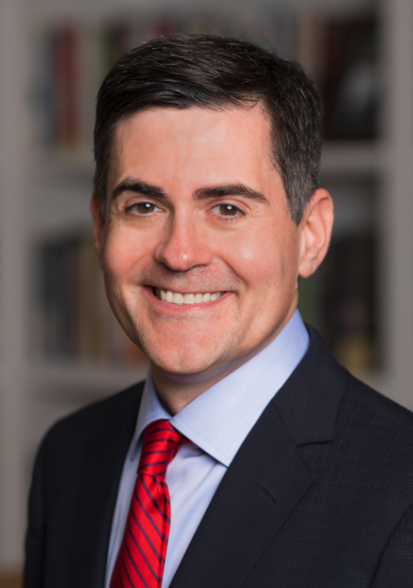
Russell Moore, on the struggles at Baylor University, “soul competency,” and the Baptist culture of autonomy
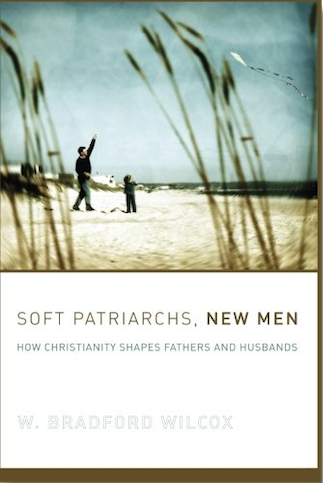
W. Bradford Wilcox, author of Soft Patriarchs, New Men: How Christianity Shapes Fathers and Husbands, on the characteristics of “soft patriarchy” in evangelical families
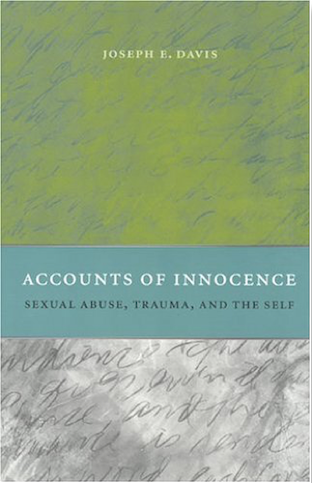
Joseph E. Davis, author of Accounts of Innocence: Sexual Abuse, Trauma, and the Self, on sexual abuse, how it is explained, and how a sense of identity is thereby formed
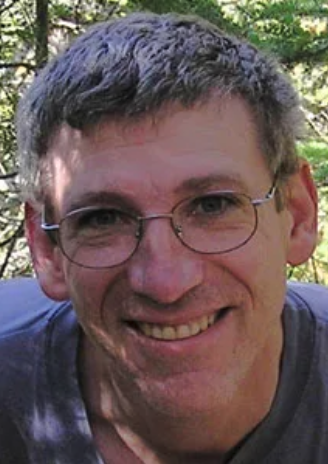
Barrett Fisher, on the remarkable achievement of film producers and directors Ismail Merchant and James Ivory
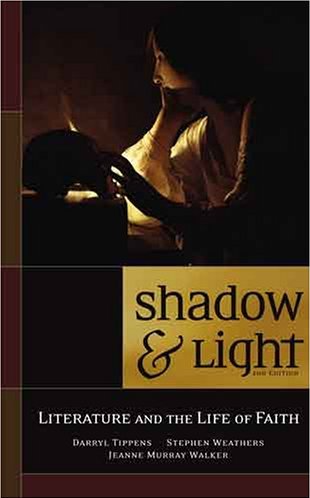
Jeanne Murray Walker and Darryl Tippens, the editors (together with professor Steven Weathers) of Shadow and Light: Literature and the Life of Faith, on overcoming the neglect of literature that highlights the spiritual dimension of human experience
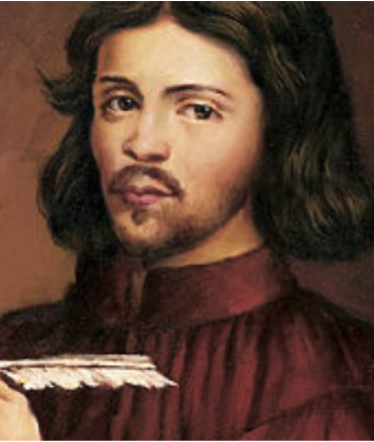
Paul Walker, on the life and music of English organist and composer Thomas Tallis, 1505-1585 (extended interview)
Related reading and listening
- Manners and morals —
FROM VOL. 19 Film and literary critic Alan Jacobs discusses how modern audiences relate to the manners and morals portrayed in Jane Austen films. (16 minutes) - The moral complicity of movie audiences — Film critic David Thomson explains why Alfred Hitchcock’s film Psycho achieves a kind of unique synergy with American culture, raising unsettling questions about alienation and identity. (33 minutes)
- The collapse of public life —
FROM VOL. 154 D. C. Schindler explains how liberalism sought to make way for individuals to function together without any orientation to an explicit common good. (37 minutes) - The joy and mystery of poetry —
FROM VOL. 98 Jeanne Murray Walker discusses how she helps students approach and appreciate poetry as the mysteriously meaningful literature it is, rather than as a linguistic cage containing static meaning to be abstracted from the words of the poem. (23 minutes) - The importance of literary reading —
FROM VOL. 70 Dana Gioia discusses the important role literary reading plays in society and the 2004 publication from the NEA about such reading. (13 minutes) - Flannery at 100 — In honor of Flannery O’Connor’s 100th birthday, we have gathered here an aural feast of interviews with O’Connor scholars and aficionados discussing her life, work, and faith. (3 hours, 28 minutes)
- Ideas made incarnate — In this lecture, Karen Swallow Prior examines the power of great literature to shape lives, nourish imaginations, and develop a vision of the good life. (43 minutes)
- Insights into O’Connor’s development as a writer —
FROM VOL. 160 Jessica Hooten Wilson discusses her experience studying and organizing Flannery O’Connor’s unfinished third novel, Why Do the Heathen Rage? (27 minutes) - Impact of “infotainment” on community — Neil Gabler and C. John Sommerville discuss how the mentalities conveyed by our experience with communications media work against the nurturing of community. (36 minutes)
- Defined by what we buy —
FROM VOL. 48 Gary Cross argues that Americans are uniquely susceptible to the temptation to define ourselves by what we buy. (10 minutes) - Countering American apathy toward history —
FROM VOL. 124 Historian John Fea discusses how American and Protestant individualism continues to influence our orientation toward the past. (22 minutes) - “Detachment as a whole way of life” —
FROM VOL. 85 Professor Christopher Shannon discusses how early twentieth-century social scientists encouraged the American idea that individual identity works against communal membership. (17 minutes) - The fraught marriage of liberty and equality — In this essay, Patrick Deneen examines Alexis de Tocqueville’s complex and insightful portrait of “democratic man” living in the context of perpetual societal tension between the excesses of liberty and equality. (39 minutes)
- “A sign of contradiction” — In this lecture, Daniel Gibbons compares and contrasts understandings of sacramental poetics proposed by Augustine, Aquinas, and Sydney. (36 minutes)
- Cosmetic surgery and human perfectibility — Elizabeth Haiken examines the shift that occurred in 20th century America from a focus on developing character to a focus on developing “personality” and achieving physical perfection. (19 minutes)
- Chameleon karma: the fate of plasticity — Cultural historian Jeffrey L. Meikle on how the ubiquity of plastic affected the moral imagination of 20th-century Americans
- Virgil and purposeful history — In this lecture from June 2019, classical educator Louis Markos examines Book II of The Aeneid to argue that Virgil had an eschatological view of history. (68 minutes)
- Bearing well the burdens of the past, present, and future — Louis Markos shows how great literature like the Iliad links us to the human story and strengthens us to live fully and well. (65 minutes)
- Alexis de Tocqueville’s penetrating review of America —
FROM VOL. 91 Hugh Brogan and Daniel Ritchie discuss Alexis de Tocqueville’s insights into American society, government, and character. (26 minutes) - Books worthy of a lifetime of encounters —
FROM VOL. 69 Daniel Ritchie discusses why great books programs survive mainly in Christian institutions while declining in secular ones. (13 minutes) - Literature for wisdom, not propaganda —
FROM VOL. 23 Daniel Ritchie provides a constructive alternative to the ideological captivity of literature and literary studies. (13 minutes) - Apprehending the enduring things — Vigen Guroian explains how children’s literature has the capacity to birth the moral imagination in our children, affirming for them the permanent things. (53 minutes)
- Mars Hill Audio Journal, Volume 162 — FEATURED GUESTS: Mark Noll, R. Jared Staudt, Paul Weston, William C. Hackett, Hans Boersma, and David Paul Baird
- Early evangelical response to C. S. Lewis — Historian Mark Noll discusses the reasons why American evangelicals were initially slow to warm to Lewis. (15 minutes)
- Getting outside of our heads —
FROM VOL. 128 Philosopher and motorcycle mechanic Matthew Crawford explores what forms the self, arguing that individuality is an earned competence achieved through habits of submission to various tasks, traditions, and authorities. (20 minutes) - Flannery O’Connor and Robert Giroux —
FROM VOL. 147 Biographer and priest Patrick Samway talks about the relationship between fiction writer Flannery O’Connor and the legendary editor Robert Giroux. (21 minutes) - The artist’s commitment to truth — Fr. Damian Ference, author of Understanding the Hillbilly Thomist, explores the depths to which Flannery O’Connor was steeped in Thomistic philosophy. (18 minutes)
- Flannery O’Connor and Thomistic philosophy — Fr. Damian Ference explores the depths to which Flannery O’Connor was steeped in Thomistic philosophy, as evidenced by her reading habits, letters, prayer journal, and, of course, essays and fiction. (48 minutes)
- Experiencing literature in its wholeness —
FROM VOL. 50 Glenn Arbery uses the analogies of sports fandom and ritual to explain how a “long habituation” in learning about form in literature enables one to enter into a greater depth of experience of reality through literature. (26 minutes) - Walker, Paul — FROM THE GUEST PAGE: Paul Walker is an organist, harpsichordist, musicologist, early music specialist, and church music director, all of which has led him to a multi-faceted career.
- A fresh and refreshing imagination —
FROM VOL. 111 Biographer Ian Ker explains why G. K. Chesterton deserves wider recognition as a significant literary critic. (24 minutes) - Medical tools and the shaping of identity — C. Ben Mitchell and Carl Elliott examine how we form judgments about bioethical questions, and how various medical capabilities form us. (27 minutes)
- Ingmar Bergman and God — Gene D. Phillips, S.J. on the shape of Ingmar Bergman’s religious pondering
- Postmodern manners and morals — Mary P. Nichols on the films of Whit Stillman as comedies of manners
- Movies and terminal irony — Two archive interviews explore how the films of Ingmar Bergman and Whit Stillman sustain a degree of moral depth absent in most movies. (30 minutes)
- Davis, Joseph E. — FROM THE GUEST PAGE: Joseph Davis is a Research Professor of Sociology at the University of Virginia and Director of the Picturing the Human Project of the Institute for Advanced Studies in Culture.
- Wilcox, W. Bradford — FROM THE GUEST PAGE: W. Bradford Wilcox is a Professor of Sociology at the University of Virginia (where he directs the National Marriage Project), a visiting scholar at the American Enterprise Institute, and a senior fellow at the Institute for Family Studies.
- Fisher, Barrett — FROM THE GUEST PAGE: Dr. Barrett Fisher II is Dean of Academic Programs for the College of Arts and Sciences in Bethel University (St. Paul, Minnesota), where he served as Professor of English and department chair, as well as faculty development coordinator, before moving into full-time administration.
- Books, beliefs, and loving conversations — Holly Ordway talks about the need for “intellectual hospitality” when we encounter books (or people) whose beliefs are very different from our own. (19 minutes)
- Sustaining a heritage of wisdom — Louise Cowan (1916–2015) explains how the classics reach the deep core of our imagination and teach us to order our loves according to the wholeness of reality. (16 minutes)
- Mars Hill Audio Journal, Volume 157 — FEATURED GUESTS: Allan C. Carlson, Matthew Stewart, Steven Knepper, Holly Ordway, Norm Klassen, and Norman Wirzba
- Faulkner’s tragic vision — Alan Jacobs describes how William Faulkner’s fiction explored the tragedy of living with a legacy of evil acts. (26 minutes)
- Mars Hill Audio Journal, Volume 154 — FEATURED GUESTS: Felicia Wu Song, Michael Ward, Norman Wirzba, Carl Trueman, D. C. Schindler, and Kerry McCarthy
- Communion of saints — Jessica Hooten Wilson asserts that reading stories of holiness in the lives of “literary saints” helps to cultivate Christian character in us. (25 minutes)
- The consequential witness of St. Patrick — Thomas Cahill describes how the least likely saviors of Western heritage, the Irish, copied all of classical and Christian literature while barbarians rampaged through the rest of Europe. (16 minutes)
- Remembering the networks of giving and receiving — O. Carter Snead on the disabling assumptions of expressive individualism in public bioethics
- Art and the truth of things — Joseph Nicolello explains the origins and themes of his imaginary dialogue between Jacques Maritain and Flannery O’Connor. (28 minutes)
- The mysteries and glory of Christmas and its music — Ken Myers presents examples of music from five centuries that captures some sense of the astonishing fact of the Nativity of our Lord. (26 minutes)
- Equality and the (modern) dilemma of authority — Sociologist Richard Stivers explains the confused understanding in modern culture about equality, individualism, and authority. (16 minutes)
- Our commerce, our selves — Thomas Frank argues that the anti-establishment ethos of the counterculture was not a new phenomenon in the 1960s but was already present in corporate America long before the Beatles showed up. (23 minutes)